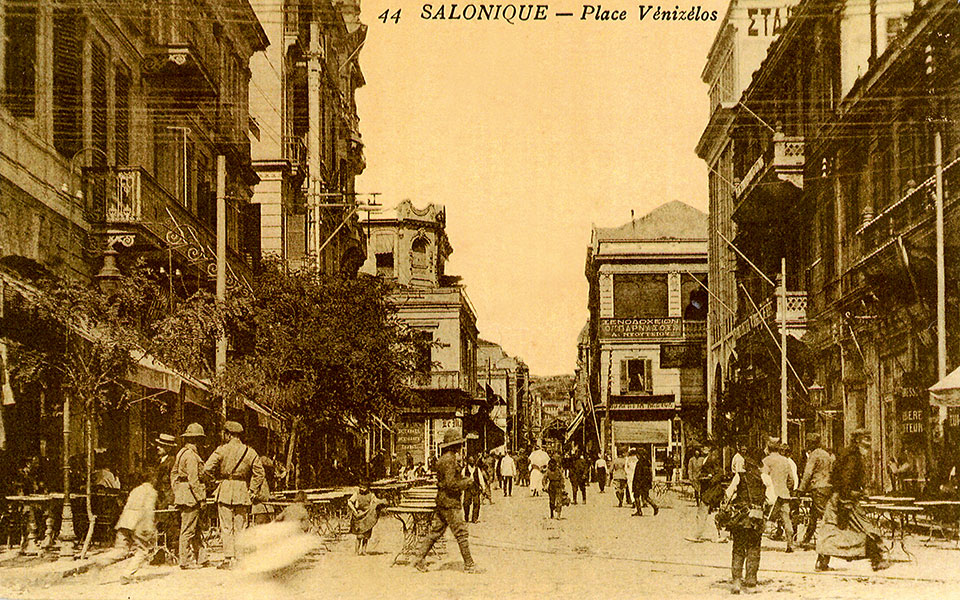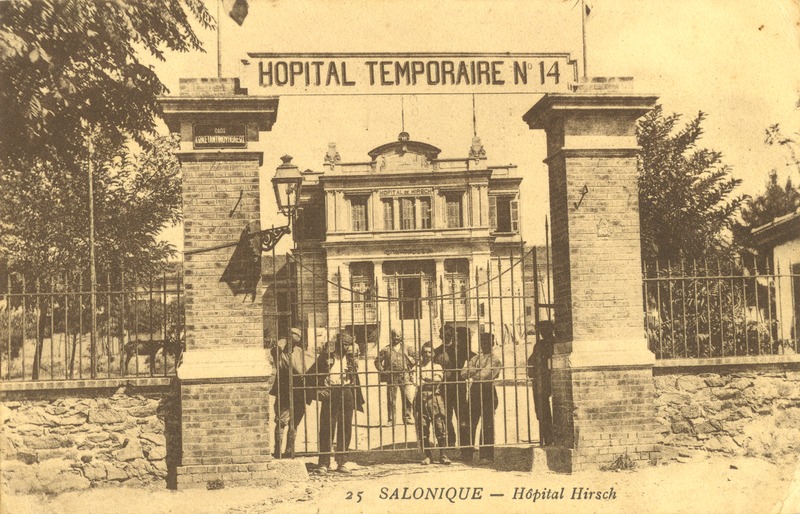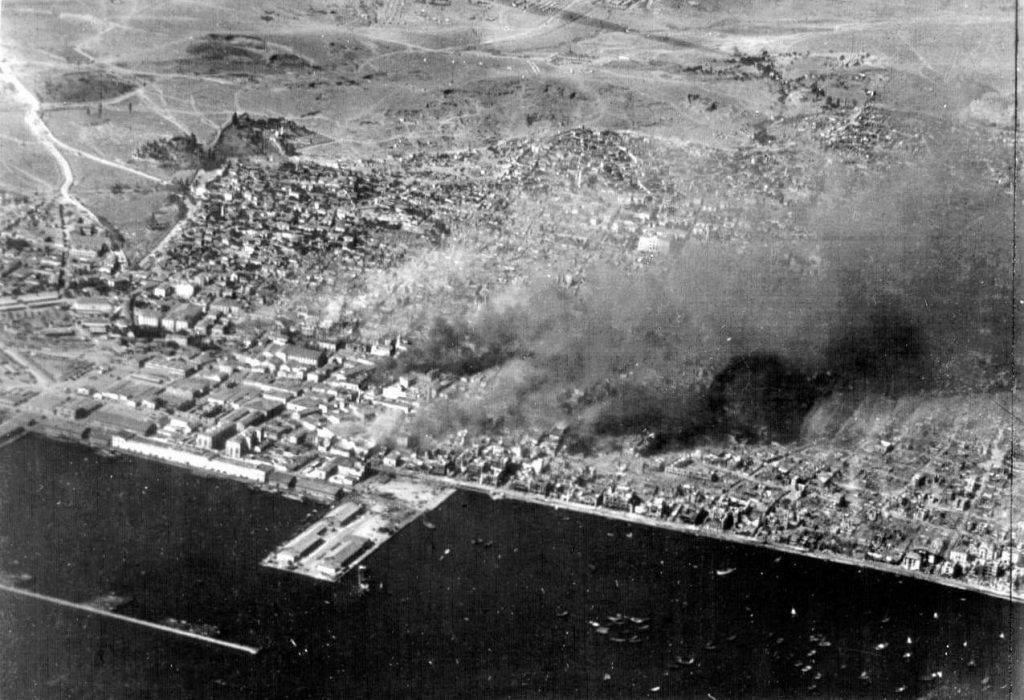Although Dream Whisperer was plotted in reasonable detail before I started writing, I did quite a bit of research during the writing process itself. Usually, it didn’t affect the major plotlines, but it helped to flesh out the graphic novel scenario I’d written years ago, which I was using as a basis for my novel. Most of the last-minute research was about technical details, like what kinds of diving suits were available at the time; which types of submarines were in use by the German, British, and American navies; how were they numbered; what was their range; which aeroplanes had the right specifics for my story; which cars could my characters drive? You get my drift. It’s all about getting the level of veracity as high as possible. I personally like it when authors don’t take the easy road and let their characters drive ‘a shiny, blue sports car’, but instead tell me it was an Alfa 24 HP.
Sometimes, however, my last-minute research dug up a gem I found too irresistible. I had to do something with it, even if it meant tweaking the plot a bit. I don’t want to give away any spoilers, so I can’t be all too specific here. In the course of the hunt for the Dream Whisperer, some of my characters arrive in Thessaloniki by submarine. Initially, it was my intention to transfer them to a plane, let them fly back to Britain and be done with it. And then I read about the Great Thessaloniki Fire of 1917, which all but levelled the entire city. The fire burnt for 32 hours, destroying almost 10,000 houses and leaving 70,000 inhabitants homeless. It was news to me, so I hadn’t woven it into my original narrative.


There was a problem, though. In my story, the submarine arrived in the port of Thessaloniki on 23 June 1917. The fire only happened on 5 August of that year. I was reluctant to change the dates of previous events in the novel. After some brooding, I decided to strand my characters in Thessaloniki for a month with engine trouble. I could hardly let them loiter aimlessly in the city during the entire period. So the Thessaloniki episode became a new, unplanned chapter in Dream Whisperer, which, until this day, is one of my favourite ones in the novel.


Writing the second instalment in the Fleming Chronicles, I discovered that seemingly unimportant events or characters in the first novel may get a life of their own and permeate what you’re writing next. Maybe the Thessaloniki chief of police will turn up again in my third novel. Or maybe he won’t. Thessaloniki taught me another valuable lesson: To keep writing fun — and that’s my only reason for writing — it’s best not to commit all too strictly to original plans. Letting the novel lead a life of its own, taking unexpected twists and turns, injects a healthy dose of adrenaline in the writing process. I kept thinking that, if the novel could surprise me, its author, it’d also keep things exciting for the reader. So, the novelist’s and the reader’s fun can and should go hand in hand. I took it to heart in my second novel, which was far less densely plotted beforehand than Dream Whisperer. I thought I knew how the sequel was going to finish, and, just as writing the final chapters became somewhat tedious to me because of that, the end suddenly changed. Magic. I’ve now plotted my third novel, but I’m sure the end result will significantly deviate from the current outline.